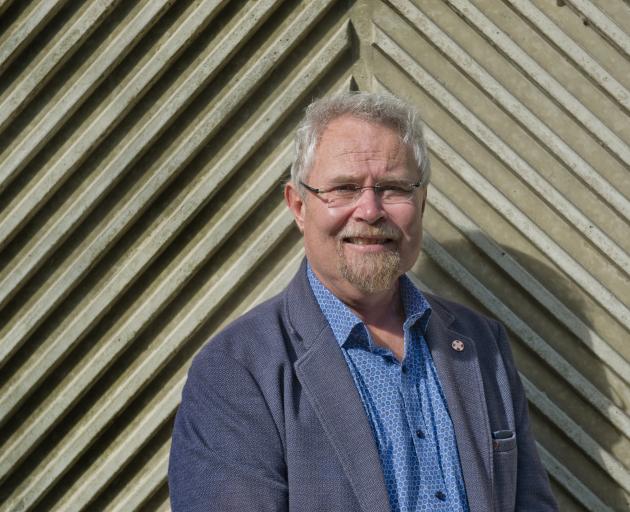
RNZ and TVNZ are reporting the death, from cancer, today, and the University of Otago has paid tribute to him.
Poulton became the study’s deputy director in 1995, before replacing its founder, Dr Phil Silva, as director after his retirement in 2000.
University Acting Vice-Chancellor Prof Helen Nicholson said today she wanted to "acknowledge and pay tribute to Richie for his immense dedication and leadership of the study, the results of which have contributed to science internationally and the betterment of life for not only New Zealanders but people all over the world".
"Involved in the Dunedin Multidisciplinary Health and Development Study for the past 25 years, and director for 23 years, the study, its participants and staff have been the centre of Prof Poulton’s career."
Prof Nicholson said the university would " in the near future formally acknowledge Richie’s tremendous mahi, but for now our thoughts are with his whānau; his colleagues and study members."
The Dunedin Multidisciplinary Health and Development Study began in 1972.
The original plan was to study about 1000 babies born at Dunedin’s Queen Mary Maternity Hospital over one year and then invite them to return for assessment at 3 years old.
In those early days funding and personnel were limited.
A considerable amount of the work was carried out by volunteers and the project struggled to pay the rent.
With more secure funding, the University of Otago study went on to assess the children two-yearly until the age of 15, then at wider intervals after that.
Dunedin Study researchers have published more than 1300 peer-reviewed journal articles, reports and books on many aspects of mental health, physical health, and human behaviour.
In 2016, the Dunedin Multidisciplinary Health and Development team, led by Poulton, won the Prime Minister's Science Prize. And in 2017, Poulton was appointed Companion of the New Zealand Order of Merit (CNZM) in the Queen's Birthday Honours List.
- ODT Online
Advertisement













